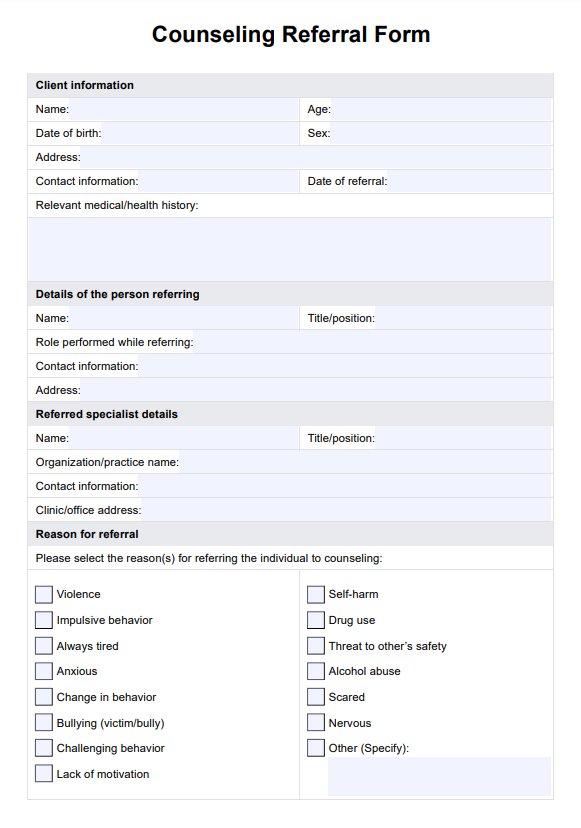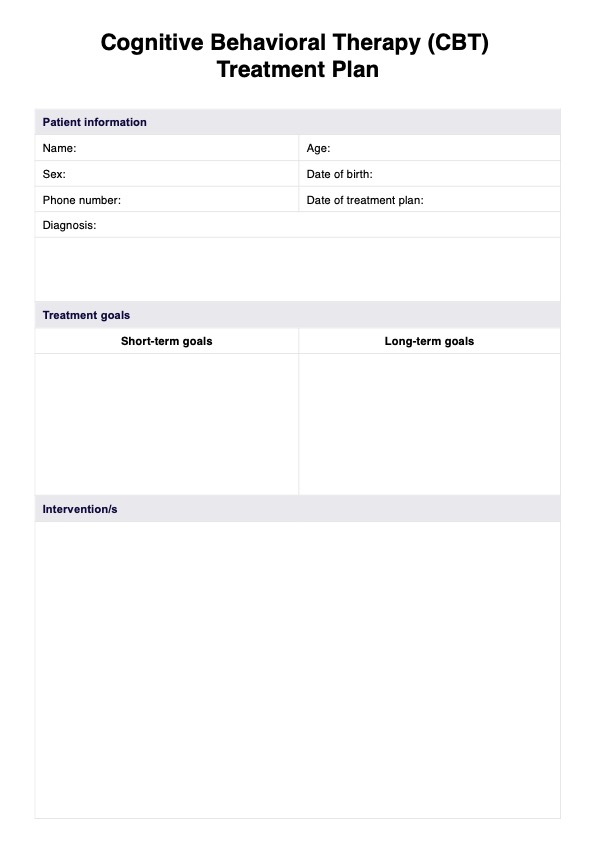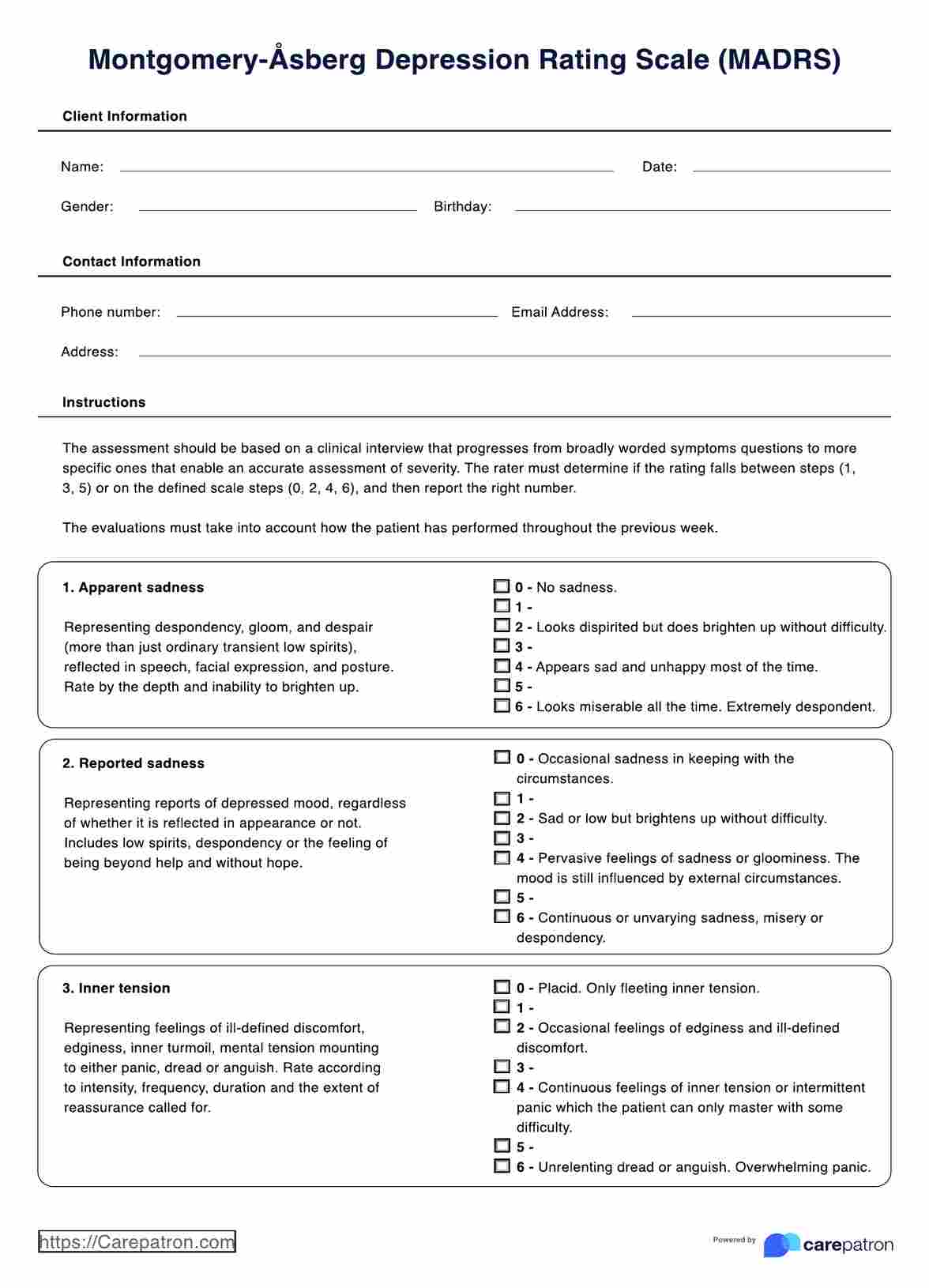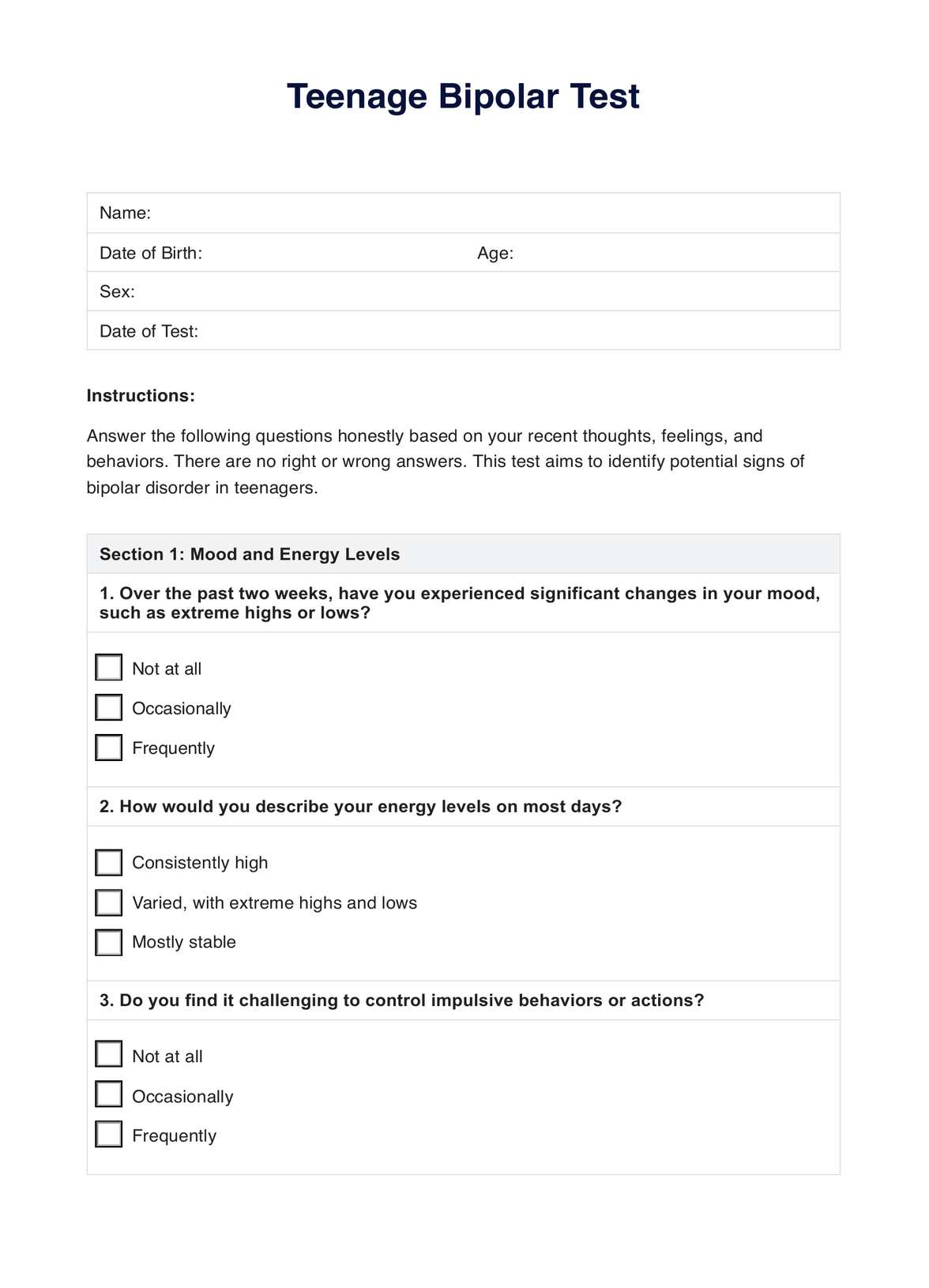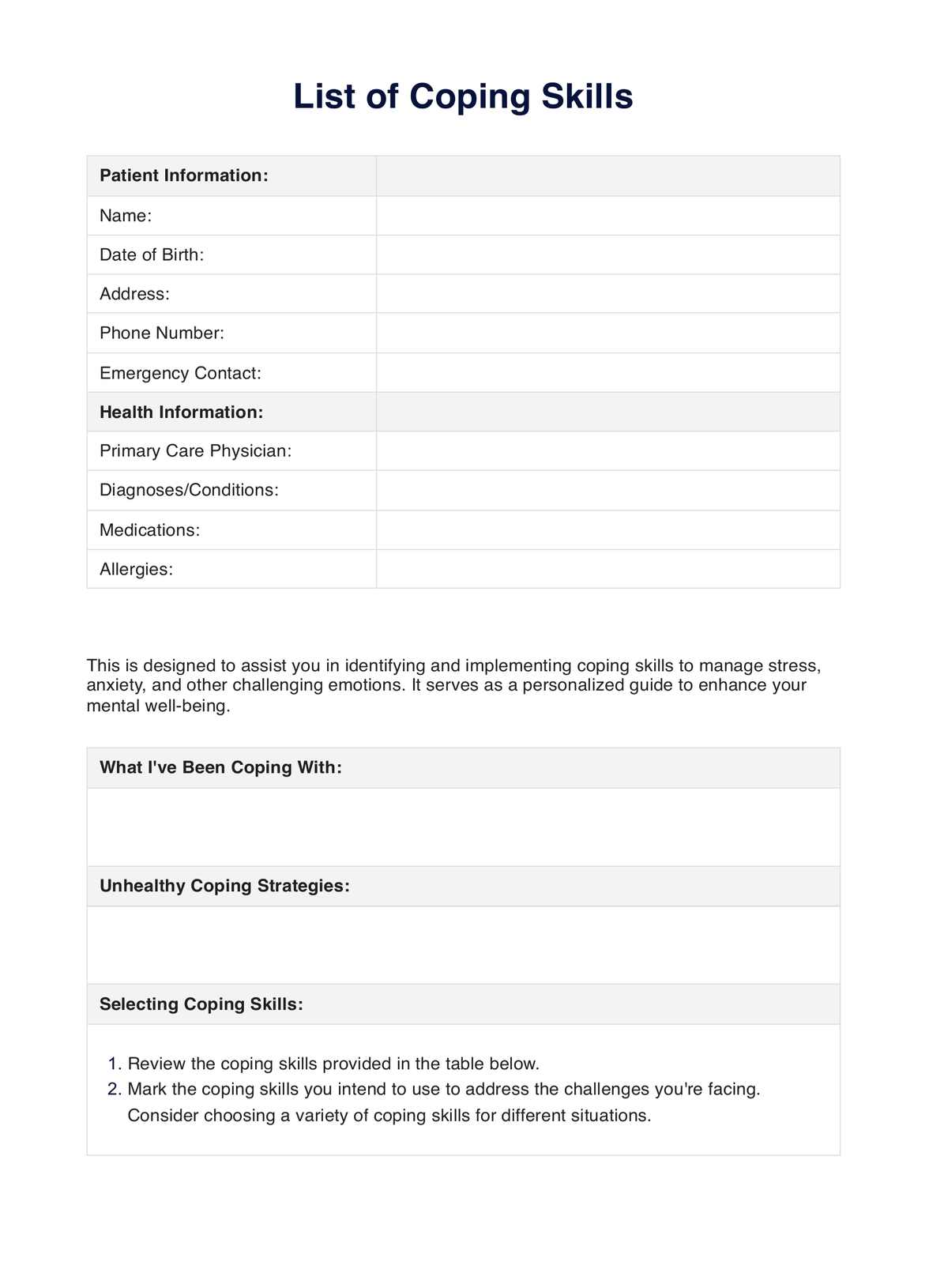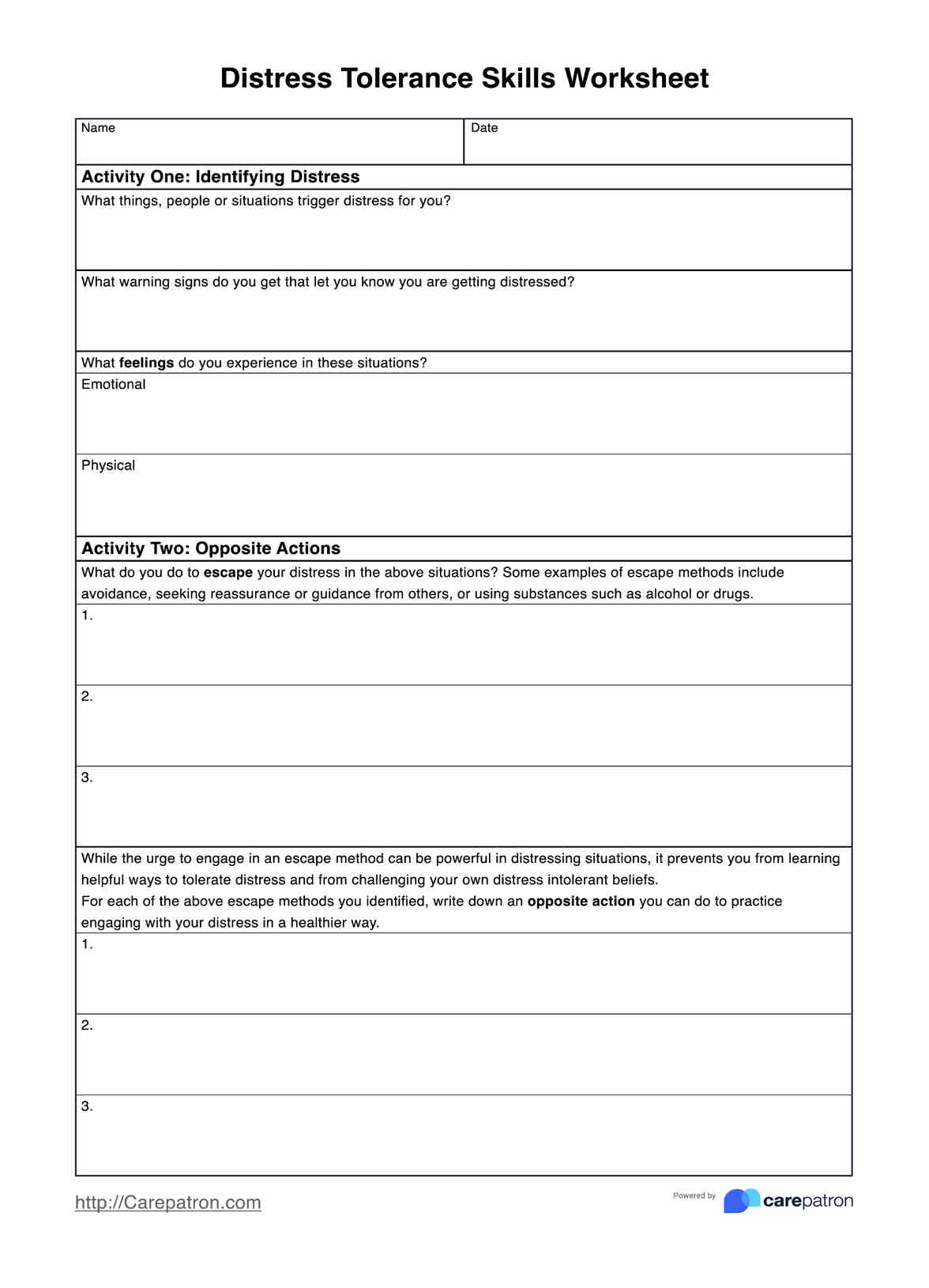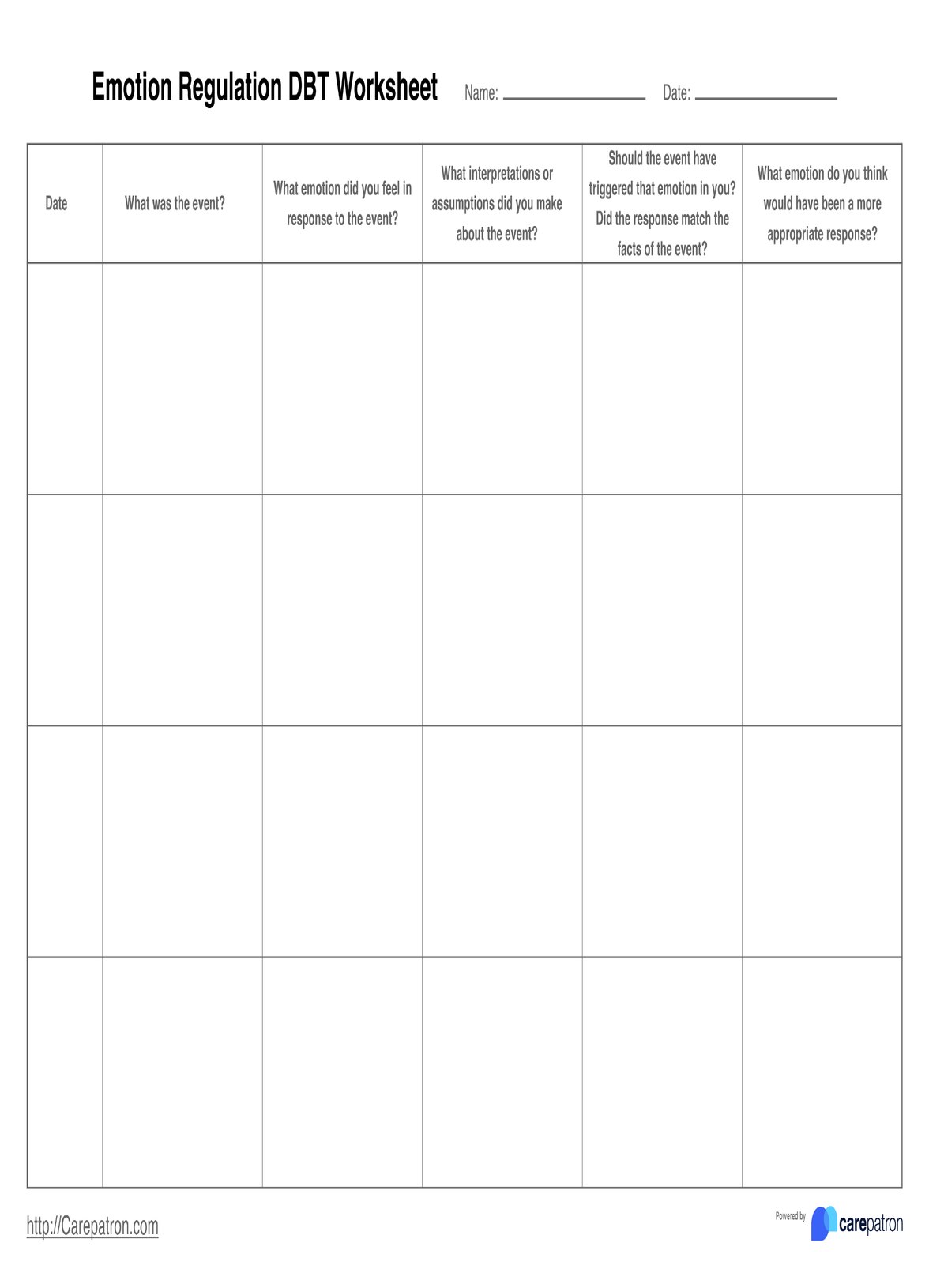TCA Drug Test
Are you wanting to learn more about the TCA drug test? Gain insight into the presence of TCA using our TCA drug test template and example.


What is a TCA Drug Test?
Tricyclic Antidepressants (TCA) is a type of drug that are typically prescribed by mental health practitioners, such as psychiatrists and psychologists, for the treatment of mental health conditions such as depression and anxiety (MedlinePlus, n.d.; University of Rochester, n.d.).
This medication was one of the original antidepressant medications available and can be very effective for treatment. However, prescribed TCAs have led to many overdose-related deaths in the United States, which means it is essential that the dosage is right.
To assist health care providers in prescribing the right dose, the TCA drug test can be administered to assess the amount of TCA present in an individual’s urine or blood samples. The TCA blood test can demonstrate levels of TC in the bloodstream, which can help inform decisions around dosage. There are two types of urine test results, which may either show the levels of TCA or if there was TCA present.
Importantly, TCA drug tests can also be used to diagnose a TCA overdose or individuals at risk of overdose. The test will show whether an individual is taking an unprescribed TCA or consuming beyond the prescribed dosage and frequency. In these instances, this test is typically conducted within a wider drug toxicology screen (MedlinePlus, n.d).
Completing any type of drug test form can be incredibly informative and has the potential to save lives from overdose. This makes it essential to know how and when to conduct one.
TCA Drug Test Template
TCA Drug Test Example
How is a TCA Drug Test conducted?
A TCA drug test can be conducted either by extracting a blood sample or by an individual providing a urine sample. The type of test completed usually depends on the information the practitioner seeks, where a blood test defines the levels of TCA in an individual’s bloodstream. In contrast, a urine test may only report whether there is TCA present.
While your health practitioner or test coordinator will provide more information, the following may give you some insight as to how these tests work:
- TCA blood test: This involves a health practitioner, such as a nurse or general practitioner, using a small needle to extract a blood sample from a vein in the arm.
The blood is collected in a small test tube or blood vial, which is then sent to a lab for investigation. These tests usually only take a few minutes, and individuals should expect to feel nothing more than a slight sting from the needle.
- A TCA urine test: In this test, the practitioner will provide a sterile cup, and the individual has to provide a urine sample. This is most typically collected on-site and is tested in a laboratory setting.
Results from the test are usually provided in discussions with your health practitioner, and the steps following will depend on the type of result you receive.
How are the results of a TCA Drug Test interpreted?
Results from a TCA drug test are usually determined by laboratory technicians between 1 and 5 days following the test and passed onto an appropriate health practitioner for further discussions with the individual. These multi-faceted results can differ depending on various factors, including age, gender, medical history, the lab used, and other medications you may be taking.
In a TCA blood test, an individual will receive results for the levels of TCA in the bloodstream. Depending on the level, practitioners may adjust the dose of TCA or choose a different antidepressant medication. For instance, if there are high levels of TCA, the practitioner may reduce the dosage.
A TCA urine test will either show whether there is a presence of TCA (without how much) as a positive or negative result. If a test is positive, individuals and practitioners will likely receive a numerical result showing the TCA level in urine.
If these tests are being conducted for overdose or misuse of TCA, the results and subsequent procedures are likely to revolve around further drug toxicology screenings and interventions aimed at overcoming misuse.
When are the best times to conduct a TCA Drug Test?
Completing a TCA drug test does not require any special preparations by individuals. However, a few things may help ensure accurate results:
- Although this may not always be feasible given that appointment times may differ, urine samples collected early following wake are often most concentrated. This can help provide certainty in results, allowing practitioners to interpret TCA presence or levels and inform effective interventions accurately.
- Once a sample has been collected, it should be sat flat along a smooth surface.
- For laboratory technicians or individuals conducting the testing procedures, avoiding handling the sample when testing is essential.
What are the benefits of a TCA Drug Test?
Using a TCA drug test can be incredibly beneficial for health practitioners such as psychiatrists and general practitioners, as well as their clients in assessing TCA. Here are some benefits and outcomes that may be experienced using a TCA drug Test:
Correct dosage
Finding the right dose for clients can be a challenging task, as factors such as height, weight, genetics, and other medication use can all influence the effect of a medication. Given that there is no arbitrary way to determine the right dose, this process often involves ongoing monitoring and trials. A TCA drug test can provide information regarding TCA levels, which may help prescribing health practitioners like psychiatrists in devising their prescriptions.
Accurate results
Because the TCA drug test involves blood or urine samples extracted from the patient, results are usually very accurate. This means that health practitioners can be certain of their results, allowing for well-informed decision-making and treatment practices.
Improved health outcomes
In providing insight into TCA levels, the test can provide information regarding whether an individual is misusing TCA. In diagnosing overdose or misuse, health practitioners can use these results for early interventions and treatments for better health outcomes, which may save an individual from overdose.
References
Drug Test City (2020). What is TCA on a Drug Test. Drug Test City. https://drugtestcity.com/tca-drug-test/
MedlinePlus (n.d.). Tricyclic Antidepressant (TCA) Screen. MedlinePlus. https://medlineplus.gov/lab-tests/tricyclic-antidepressant-tca-screen/#:~:text=A%20TCA%20screen%20is%20used,more%20than%20the%20prescribed%20dose).
University of Rochester Medical Center (n.d.). Tricyclic Antidepressant Screen. University of Rochester Medical Center. https://www.urmc.rochester.edu/encyclopedia/content.aspx?contenttypeid=167&contentid=tricyclic_antidepressant
Commonly asked questions
In the United States, prescribed TCA has been linked to many deaths by overdose. Completing a TCA drug test can help practitioners not only determine whether the prescribed dose is right for the individual but can help identify individuals misusing TCA or at risk of overdose.
TCA drug tests can be conducted in a broader toxicology scheme, using other screening procedures to determine misuse or overdose of medications. These may include electrocardiograms for heart functioning, complete blood counts, and blood sugar screenings (University of Rochester, n.d.).
Although not much is required to prepare for the test, discussing any other medications, non-prescribed drugs, or supplements you may be taking alongside TCA is essential. This is essential, as it may help your provider perform other appropriate screenings for more informed diagnoses and decisions.
Although there are no known high-level risks associated with this test, individuals can expect a few risks from needle insertion during the TCA blood test. These may include slight bleeding, stinging sensations, and lightheadedness during the insert and exit of the needle. Following the procedure, some individuals may experience slight bruising or soreness at the needle site.


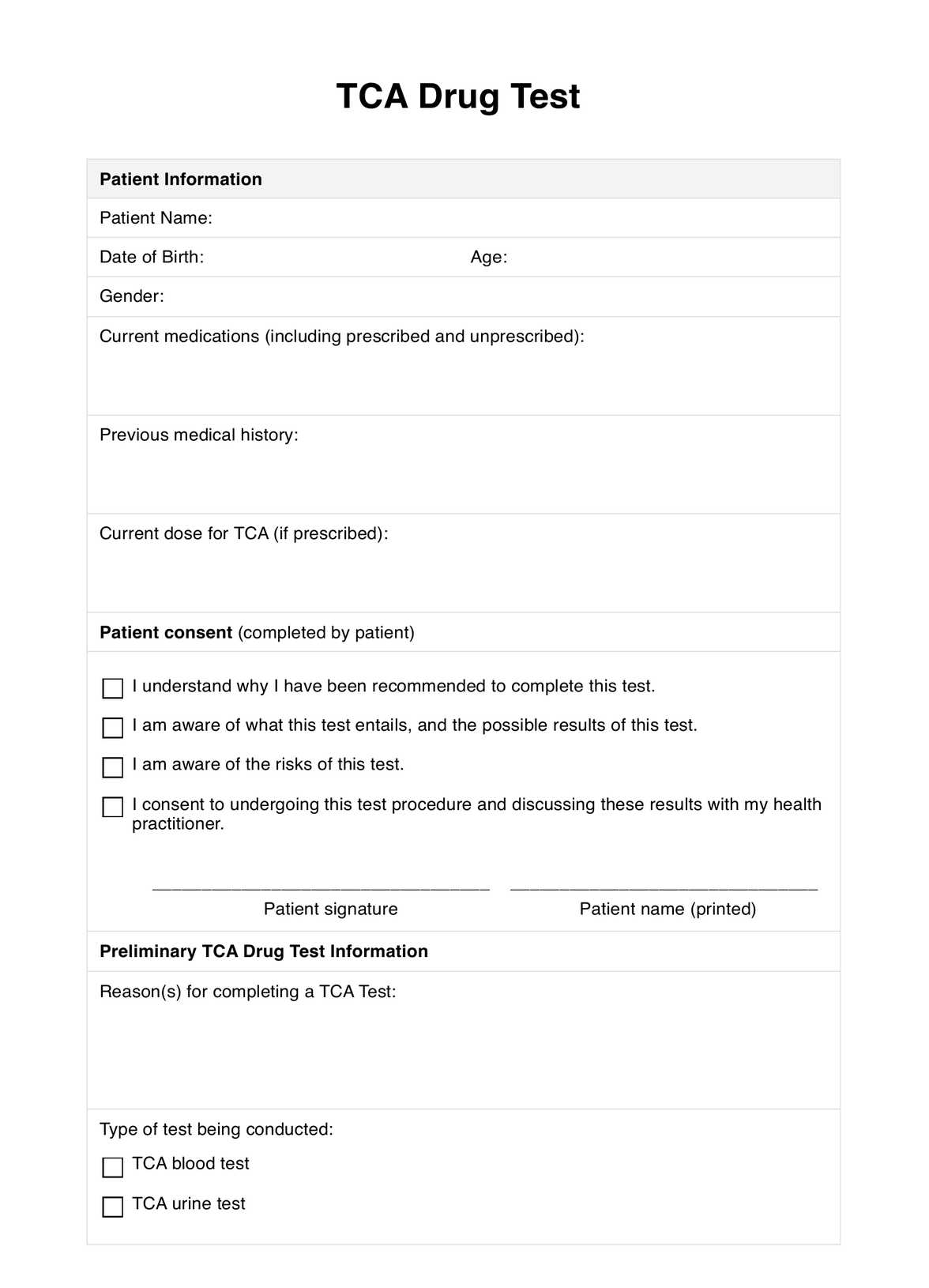
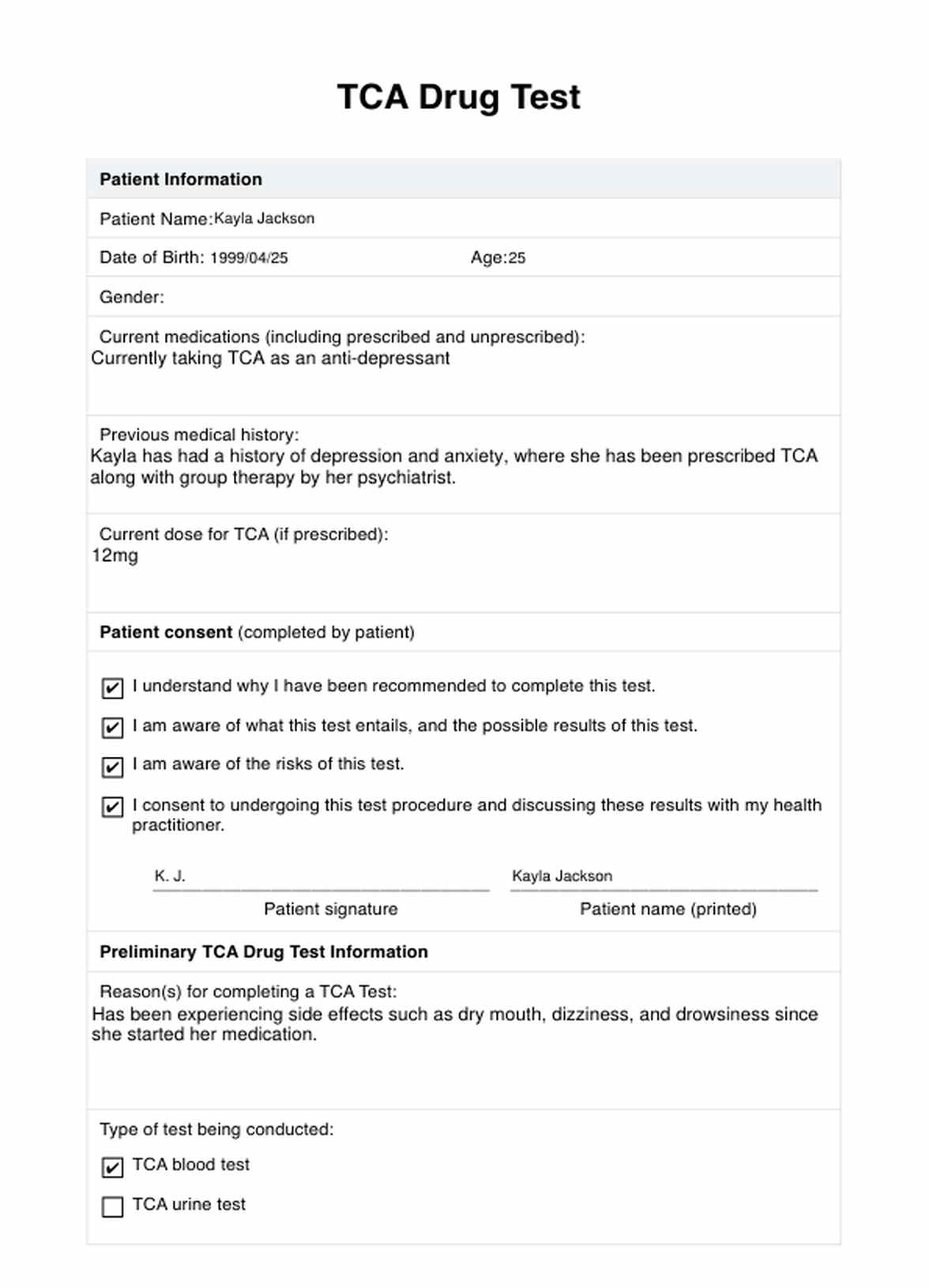





















-template.jpg)














































































